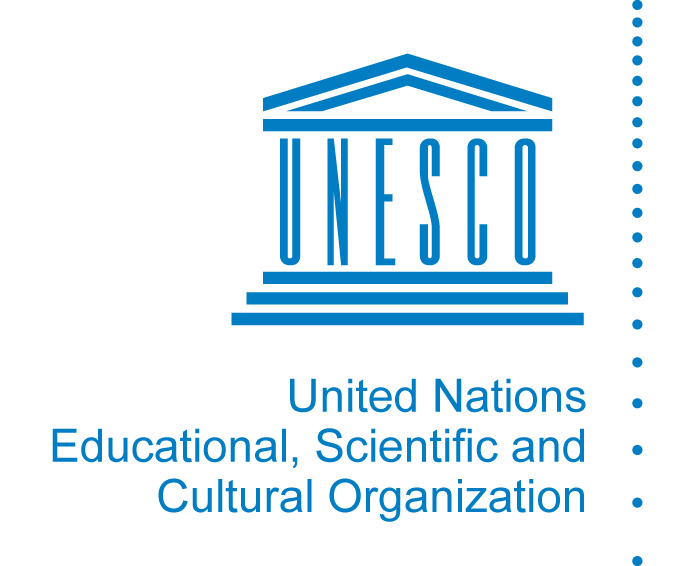‘Education is key to the global integrated framework of sustainable development goals. Education is at the heart of our efforts both to adapt to change and to transform the world within which we live.’
Source: UNESCO, 2015a, p. 3
Education plays a particularly important and formative role in society and represents a global common good (UNESCO, 2015a). It has the ability to contribute to the development of peaceful and prosperous societies and can promote good governance. The international community has accepted that education plays a critical role in empowering children to become active participants in the transformation of their societies and that learning should include a focus on values, attitudes and behaviours that will enable individuals to live together in a world that is diverse and plural.
Under the international human rights conventions and instruments (discussed later in this section), the right to a safe, quality and inclusive education is connected to our understanding of this central role of education in society. As a violation of children’s rights, SRGBV limits children’s ability to enjoy the benefits of education and participate fully in their own development and their society’s development as a result. The nature and role of education suggests that the responses to SRGBV should go beyond the necessary systems and policies that seek to sanction, police and prosecute it, to also include efforts to address the root causes of SRGBV.
In its role as a formative institution that contributes to creating the values, attitudes and behaviours of individuals and societies, education has an important role to play in transforming the root causes of violence, and especially GBV. This is as critical as the development of the systems and policies that are necessary to address SRGBV.
Education has been used effectively in many contexts to engage young people in critical reflections on gender and social norms, on stereotypes around masculinity and femininity, and on how these norms and stereotypes can affect young people’s lives and relationships. Education can equip young people with the life skills and attitudes to engage in healthy peer relationships and violence prevention. Efforts to strengthen gender-responsive curricula and pedagogy and provide comprehensive sexuality education (CSE) are crucial in this respect.
The education sector has also contributed to preventing violence by promoting principles of peace, equality, tolerance and social cohesion. Approaches that take a positive approach to acknowledging and embracing difference – such as peace education, tolerance education and civics education – are important for promoting tolerance, peace and acceptance of diversity. By teaching strategies for coping with conflict without the use of force or violence, education has a key role to play in reducing violence. This is important not just for reducing SRGBV, but also for equipping young people with the skills to avoid and reduce violence in the wider community and their own lives in future.
In Section 2 of this paper, we look at the different ways in which the education system can address SRGBV. This includes taking a close look at what reporting policies, structures and mechanisms work, and ways to increase transparency, oversight and accountability.
